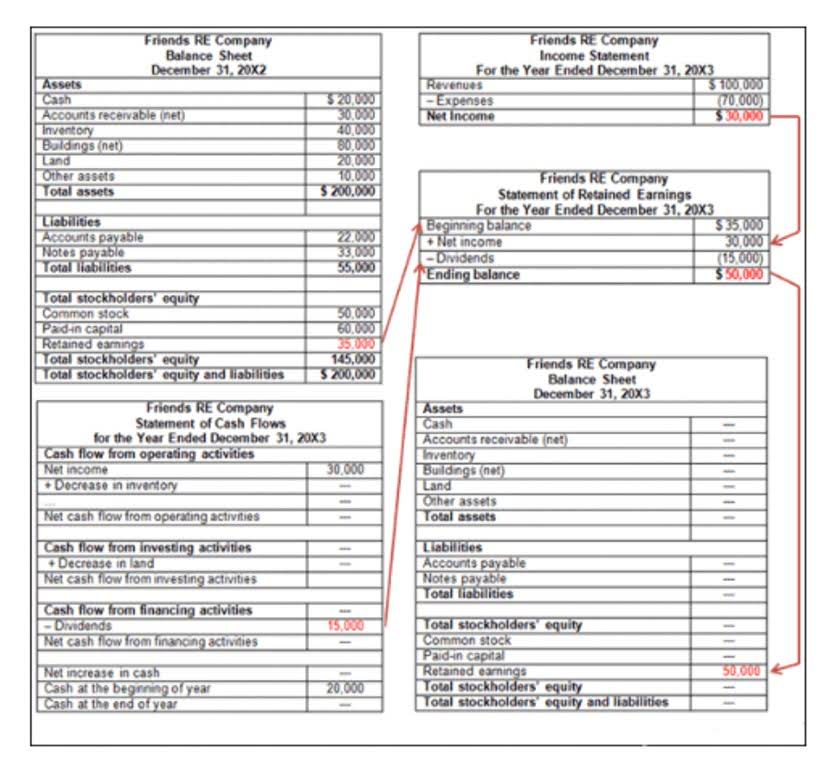What Is Full Charge Bookkeeping? J Hall & J. Hall & Company

If the company grows to a larger size, supervision of the accounting function is likely to be shifted to a controller who has experience with more complex accounting systems. In this case, the full charge bookkeeper position may be converted into an assistant controller position, with responsibility for some aspects of accounting operations. With additional training, a full charge bookkeeper could be promoted into the controller position. At a certain point, most small business owners find the additional staff can supplement their workforce in important ways. Let’s review your bookkeeping needs and explore the duties of more comprehensive positions, including full-charge bookkeeping.

First Month Bookkeeping Free!

Bookkeepers organize receipts, monitor revenue and expenditures, and compile financial documents for examination. Full-charge bookkeepers’ educational background and training requirements can vary depending on the business and the organization’s specific needs. While a formal degree in accounting or finance can be positive, becoming a full-charge bookkeeper isn’t always a strict requirement. Full-charge bookkeepers gather their skills through a combination of education, on-the-job training, and professional certifications.
Skills Necessary for Full-Charge Bookkeepers

At that point, they usually add high-level roles like controllers or CPAs full-time. In addition to HR, benefits, recruiting and payroll through its PeopleOps, Escalon’s Essential Business Services include FinOps (CFO services, taxes, bookkeeping and accounting) and Risk (business insurance). Full-charge bookkeepers get involved in client accounts and help manage each accounting cycle beyond basic bookkeeping functions. Their skills can be invaluable for businesses hoping to get a better handle on accounting and become more involved in financial reviews and analyses commonly performed by business accountants. The full charge bookkeeper position is most commonly found in smaller organizations where there is no need for a controller, and which has relatively uncomplicated accounting transactions.
- Full-charge bookkeeping is an all-encompassing financial management approach that involves meticulously recording, organizing, and reporting an organization’s financial transactions.
- Even small- to mid-size firms may employ several bookkeeping clerks, administrative assistants, or other personnel to manage clerical work.
- The phrase “full charge” suggests that this person assumes additional responsibilities and is frequently in charge of a company’s bookkeeping operation, operating independently of an accountant or CFO.
- Bookkeepers organize receipts, monitor revenue and expenditures, and compile financial documents for examination.
- Accounting and bookkeeping outsourcing can help strengthen your financial management.
Principal Duties of a Full Charge Bookkeeper:

Their skills need to be integrated effectively into your existing bookkeeping processes. A full-charge bookkeeper can serve as both a bookkeeper and an accountant in small to mid-sized companies that don’t need an entire accounting department. Artificial intelligence (AI) isn’t just for tech giants anymore—it’s increasingly accessible to small and mid-sized businesses seeking a competitive edge… As you can see, a full charge bookkeeper can be considered a big step up in accounting responsibility. Adding a full-charge staff member means you may need to Remote Bookkeeping examine your internal bookkeeping needs and hiring goals.

In-house bookkeepers can get a lot done, but are they equipped to sustain your company’s financials as you grow? Compared to standard bookkeepers, full-charge bookkeepers are frequently expected to possess more excellent expertise and full charge bookkeeper a deeper comprehension of accounting principles. Their responsibilities are more akin to those of an accountant, especially in smaller companies where they could serve as the chief financial officer.
- Managing your business’s finances can often feel like juggling too many tasks at once, especially when you’re trying to keep…
- A full-charge bookkeeper is appropriate for companies that want more thorough financial management without needing a full accounting team.
- Their skills can be invaluable for businesses hoping to get a better handle on accounting and become more involved in financial reviews and analyses commonly performed by business accountants.
- At a certain point, you’ll need to begin leveraging these types of insights to keep pace with competitors, many of whom may be leveraging these strategies already.
- The long middle stages of this transition are when you might want to consider a full-charge bookkeeper.
While both bookkeepers and full-charge bookkeepers are crucial to managing unearned revenue financial records, the main distinctions between them are in the breadth and complexity of their work. A full-charge bookkeeper is appropriate for companies that want more thorough financial management without needing a full accounting team. In contrast, a normal bookkeeper is best for companies with simple financial procedures. Their primary focus is on recording and organizing financial transactions in a systematic manner.
